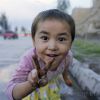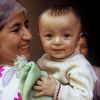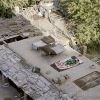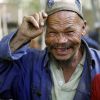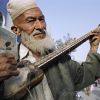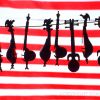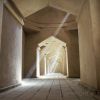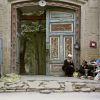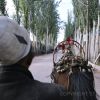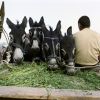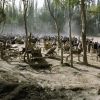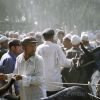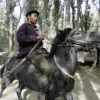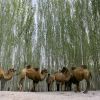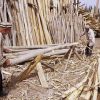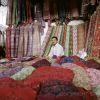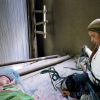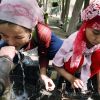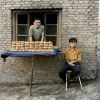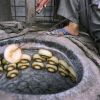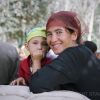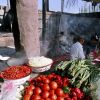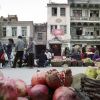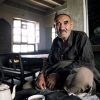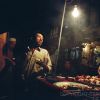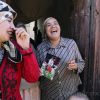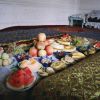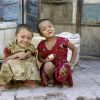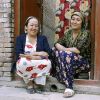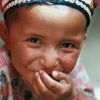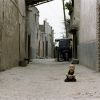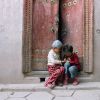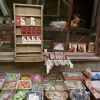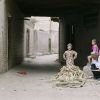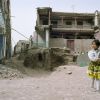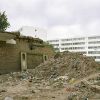The Uighurs
For centuries, the majority of traditional inhabitants in the vast region of Northwestern China have been Uighur (pron. ‘wee ger’, also spelled Uyghur), a Turkic muslim ethnic group whose language, religion and culture contrasts with that of the Han Chinese. In recent years, the Chinese government has launched a rapid campaign to develop its western regions. This campaign has led to a dramatic influx of China’s majority Han into Xinjiang Province. As demographics change and industry begins to boom, traditional inhabitants are faced with increasing marginalization and pressure to assimilate.
In the summer of 2009, racial and political tension in Xinjiang Province received international attention due to ethnic violence in the provincial capitol, Urumqi. Even with increasing media attention, most people in western countries are not familiar with the Uighur people. This unfamiliarity is compounded by the fact that Chinese media often portrays Muslim groups in Xinjiang as violent extremists, a label that plays into Western post-9/11 fear and prejudice.
I first traveled to Xinjiang in 2000, less than one year after the the Southern Xinjiang railway reached the city of Kashgar. At times it was often hard for me to believe that I was still traveling in China. Uighur culture was clearly dominant and intact in most Xinjiang towns and cities despite new construction of modern Chinese buildings and wide boulevards on the outskirts of cities throughout the province.
I returned to Xinjiang in 2004 to witness many changes and a shift in population and cultural influence. In Kashgar, ancient homes in parts of the Uighur Old Town were being demolished to make way for new commercial shopping areas near the Id Ka Mosque in the center of town. In 2009, the government announced that it will accelerate demolition of ancient Uighur residential areas in Kashgar. The government claims that this centuries-old part of the city is not earthquake-safe. Large apartment complexes are planned to replace what many argue should instead be preserved and designated a UNESCO world heritage site.
My main desire has been to get to know the Uighur people, and preserve through photographs the spirit of their culture and traditional life in the face of an uncertain future. I am hopeful that more people will come to appreciate and empathize with the humanity and dignity of the Uighurs.
